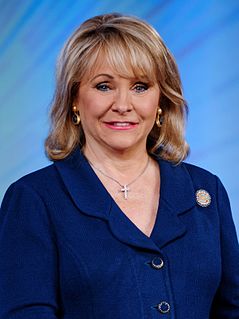A Quote by Alex Padilla
How can we expect students to succeed when they're worried about where they'll sleep, what they'll eat, and how they'll connect to the classroom?
Related Quotes
I strive to view my students as unique human beings all of whom come to my classroom with a personal history, cultural perceptions and traditions, goals and aspirations as well as fears and insecurities. By employing the principles of Personalization, I am able to connect with my students in a genuine way in order to build trust, respect and rapport in the classroom.
I spend quite a bit of time thinking about my students. I look at them, at their work, I listen to what they tell me, and try to figure out who they might become in the best of all possible worlds. This is not easy. Students try to give you clues; sometimes they look at you as if imploring you to understand something about them that they don't yet have the means to articulate. How can one succeed at this? And how can one do it 20 times over for all the students in a class? It's impossible, of course. I know this, but I try anyway. It's tiring.
I often notice how students can gain the capacity to use certain critical methodologies through engaging with very different texts - how a graphic novel about gentrification and an anthology about Hurricane Katrina and a journalistic account of war profiteering might all lead to very similar classroom conversations and critical engagement. I'm particularly interested in this when teaching law students who often resist reading interdisciplinary materials or materials they interpret as too theoretical.
I think football is a lifestyle more than anything. It's how you eat, it's how you sleep, it's how you conduct yourself. It's just everything you do you have to keep in mind, is this going to help or have a positive impact on how my practice is going to be, how my workout is going to be, how the game is going to be.
What is wrong with encouraging students to put "how well they're doing" ahead of "what they're doing." An impressive and growing body of research suggests that this emphasis (1) undermines students' interest in learning, (2) makes failure seem overwhelming, (3) leads students to avoid challenging themselves, (4) reduces the quality of learning, and (5) invites students to think about how smart they are instead of how hard they tried.
Sleep and I do not have a good relationship. We have never been good friends. I am constantly chasing sleep and then pushing it away. A good night's sleep is my white whale. Like Ahab, I am also a total drama queen about it. I love to talk about how little sleep I get. I brag about it, as if it is a true indication of how hard I work.


































